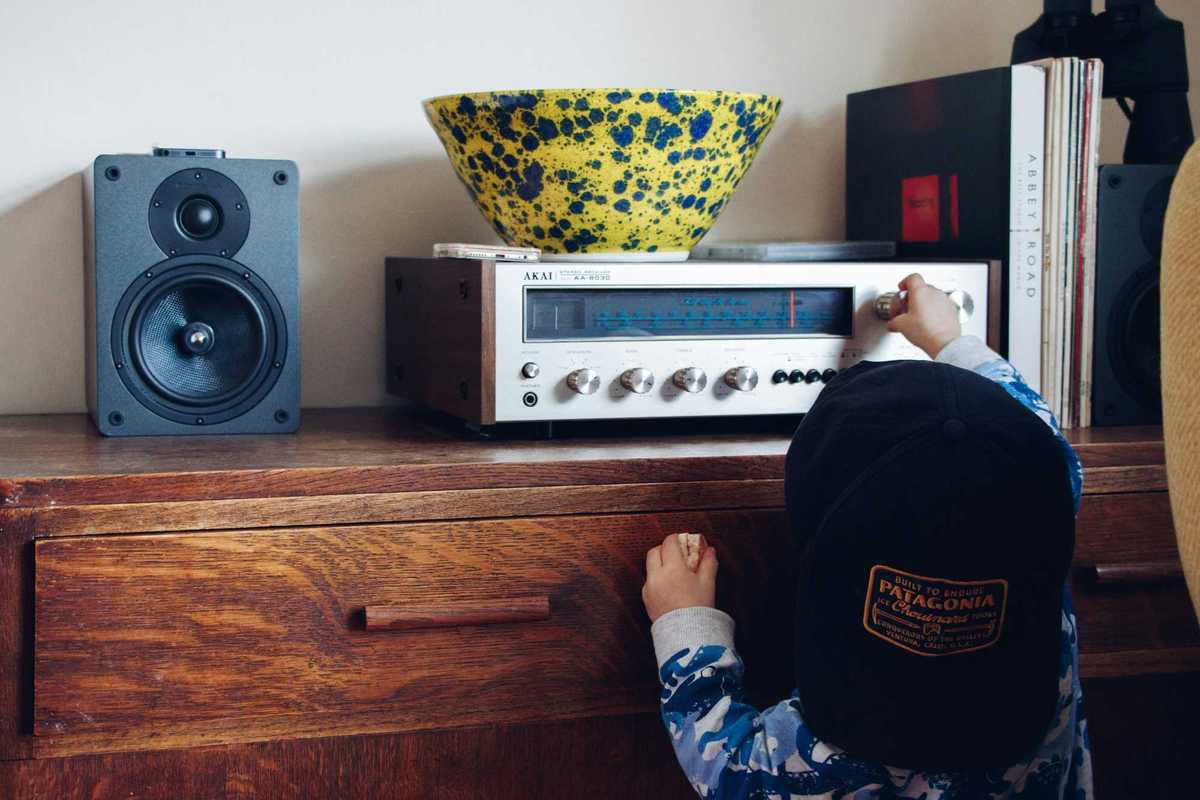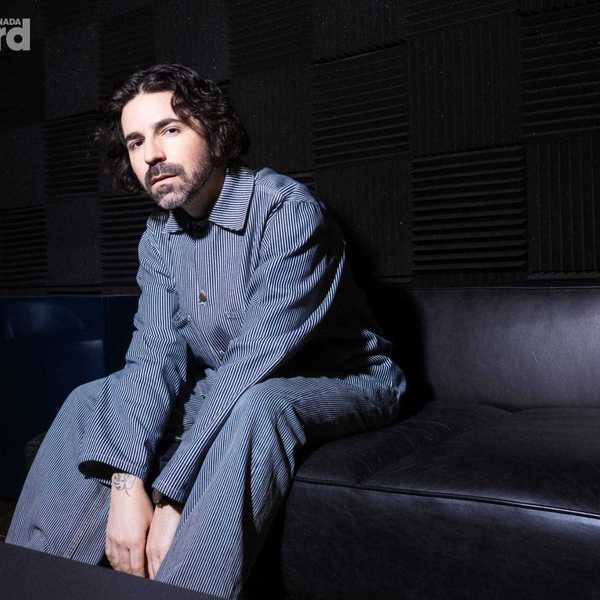Brother, Can You Spare A Dime?
Here is an essay about survival. Covid-19 has not only knocked the breath out of the average working Canadian. It has also stomped a heavy foot on the mid-section of the arts and anything that has to do with creativity.

By Bill King
It was the late jazz pianist and radio personality Marian McPartland who once said, “musicians are the best people in the world.” I get what’s she’s saying but would like to amend; “nurses are the best people in the world. The first person you see in life and the last when exiting.” I would add doctors, but they rarely appear. Now, the musician's quote.
McPartland knew the performance stage was the great leveller. Imagine being a precious child locked to a piano and thinking only white people had command of that prized instrument and then one day come face to face with Oscar Peterson. What about underestimating that young girl across the aisle racking up straight As and thinking, well, at least I’ve got her beat at the eighty-eights and then you come face to face with classical pianist Martha Argerich. Both humbling experiences.
Musicians learned the rules of the game early on and harbouring prejudice, be they racial or gender-specific, will only get you a gig blowing up balloons. As far as the gig, there are no yearly performance reviews or pay hikes. Damn, the only presumptive review occurs each time you unpack the instrument, sit down, play and find yourself rehired.
Every gig is an audition for the next!
This brings me to the heart of this essay – survival.
Covid-19 has not only knocked the breath out of the average working Canadian. It has also stomped a heavy foot on the mid-section of the arts and anything that has to do with creativity.
While Facebook, Google, Amazon, Twitter, and YouTube prosper from our daily exchanges of personal and creative information, those of us who straddle the line and produce content are unmercifully robbed and bled to the bone.
I picked four career paths: music, radio, photography, and journalism - all of which have been savaged by evolving technologies, that in so many cases have cashed in on proprietary ownership and turned it into a harvest and throwaway economy and the Big Tech has done the harvesting. The result for many of us is an artistic boneyard and it is piling up fast.
Beyond the arts, the feeling of helplessness against the machine is fuel for the crazies. Tech giants have long massaged. The online silos have become a Pandora’s box stoking social and economic divisions and exploiting mistrust, cruelty, racism, and hate.
I don’t need to tell you that these are dangerous times.
I’ve long been a proponent of a guaranteed wage and this coming from a guy who believes in that work-pay relationship which has been my economy since collecting two professional dollars from a bandstand in 1960. That brings me to this moment. Since the beginning of the pandemic, I’ve been bouncing what income I have in play to pay down bills.
Like many of us, half of my income was slashed a day after the roof collapsed, that first lockdown in March 2020. As of last week, that Bell’s Let’s Talk campaign – “effort to raise awareness and combat stigma surrounding mental illness in Canada” – comes on the heels of the cost-cutting cancellation of Saturday’s with Ted at Newstalk 1010, my ten-year gig and another chunk of income gone missing. Talk about stress! I’ve already battled too many sleepless/fearful pandemic nights conversing with that hapless stranger inside my skull. I don’t need this.
I’ve been encouraged by fellow musicians to apply for CERB (Canadian Emergency Response Benefit), now CRB (Canadian Response Benefit), and have kept that at arm’s length, trusting government aid belongs in the bank accounts of those most in need, not corporate benefactors or those able to weather the storm. I know from conversations with fellow players, it has been a godsend and lifeline. I do praise the federal Liberals for investing in humanity across the board and understand if PCs were in power the streets would be crammed with folks lined up around food banks and devastating by becoming homeless.
Evidence?
The arrogance and condemnations floating across the aisles of the House of Commons and a blue opposition with no humane plan.
I wanted a first-hand account of the pros and cons of both CERB or CRB and called a fellow player; drummer/teacher Deryck Roche who is on the frontline with his interactive Facebook site Toronto Entertainment Professionals Fight for Covid19 Revenue Rights with it’s 1,200 members. The motto: “Fighting for the loss of revenue for all Toronto and Ontario Musicians, Entertainment Professionals and Live Entertainment Venues due to the Covid-19 Virus Pandemic.” Deryck is tackling the unpredictable changes in the confusing wording of the application which muddies the message for those deemed eligible and the extensive follow-up paperwork. My good friend is stressed out!
“Be aware of the difference between net and gross when applying… They made an error on their part when minister Morneau said gross and other officials were saying the same. The guy I’m talking to is pretty cool. He said there has been a lot of confusion with that. Payments going out to dead people, payments going out to homeless people, payments going out to people who have three jobs and (are still) collecting. He said, unfortunately, any single little thing they see on anybody’s tax return they are flagging and stopping CRB payments. There are thirteen payments altogether you can collect, and they suggest you stretch that out throughout the year,” says Deryck.
I wondered as a self-employed musician if they considered write-offs. “No. The problem in this occurs when people don’t have enough documentation to back up what (the claim). It’s always good to use an accountant. It’s a more thorough process. You can use your 2019 or 2020 return. Use the better one,” Deryck concludes.
When they say you can make a grand a month, can you collect if you make more than that a month? I wondered about this.
“That was under CERB. When they switched over to CRB they said you could make up to 38K a year while you are collecting CRB. Once again, they didn’t explain that well. It’s net 38K.”
CERB was $2000 a month but CRB is something different. “It’s $450 a week, and basically you have to apply every two weeks and they give you a check for $900. They take taxes off the top. This is what’s so stupid about it. They should have taken the taxes off CERB before, so you would have been free and clear and not have to worry about the taxes. Instead of getting two grand for the month, you are getting eighteen hundred if you collect every two weeks.”
I was curious about the length of this program with the slow roll-out of the vaccine and opening of businesses. “If you apply you will see they have already gone to the end of 2021, which might mean they are going to continue this. Also, people have asked the Trudeau government if they get the vaccines will they be allowed to go back to work and will he lift the restrictions, and he’s already said ‘no’."
Trudeau came on the other day announcing we will manufacture in Canada but not get any of the other vaccines until towards the end of 2021. Do more people have to die now? There were five companies that said they could switch their operations from doing distilled spirits to doing anything like hand sanitizing products, vaccines and any other medical supplies, and they turned them down.”
I’ve thought all along universal guaranteed income is the path to the future. “They have to move to UVI until this thing is over. It could be another two years until this thing is over.”
In my conversations with a wide cross-section of artists, this past year has been like going back to university to upgrade abilities and structured hours. So many have expanded their capacities in computer sciences and related technologies. After pandemic month number one of binge-watching and sleeping in, most arranged the day around improving skills, delving into problem-solving and increasing knowledge in their chosen fields, and yet uncertainties continue to stress us all and now we are seeing an increase in mental stress for growing segments of the population.
“The biggest issue for me up until now was getting back on my feet and having those payments come through so I good save a bit each month and build back what I’ve had," says Deryck. "I missed the last two payments which totalled $1,800. February rent’s paid, but I don’t know about March. I’ve got to call around to every grant agency and see what I can get until they take their time to sort through my case. I’m going back to this thing called mybenefits.ca. Apparently, they give you something like $713 a month, or something like that, which could tide me over until the CRB thing is resolved. Anything to do with CRB, do it online. Evidently, they are going to cut the phone line (support) thing soon. I told them it wasn’t a good idea because some people don’t have Internet."
I’ll leave you with this from the Old Crow Medicine Show:
Well my friend, well I see your face so clear
Little bit tired, little bit worn through the years
You sound nervous, you seem alone
I hardly recognize your voice on the telephone
In between I remember
Just before we wound up broken down
Drive out to the edge of the highway
Follow that lonesome dead-end road sign south
We're all in this thing together
Walkin' the line between faith and fear
This life don't last forever
When you cry, taste the salt in your tears
– Credits:
Brother, Can You Spare A Dime? was written and composed by Yip Harburg & Jay Gorney and later credited as one of the best-known songs of the Great Depression. It was first included in the 1926 Broadway revue, Americana.
We're All In This Together was written and composed by Ketch Secor & Willie Watson of Old Crow Medicine Show, and included on that group's debut 1984 album, OCM.

















